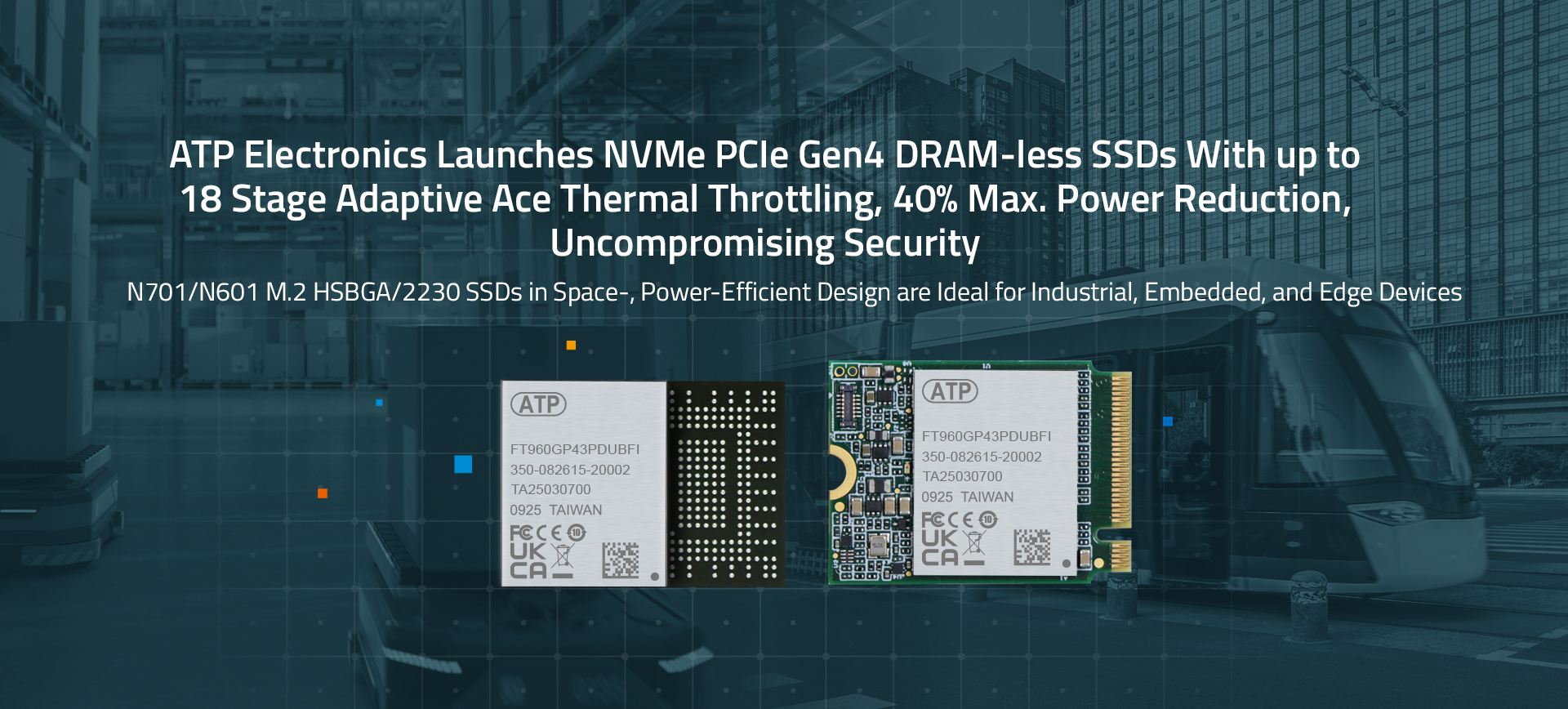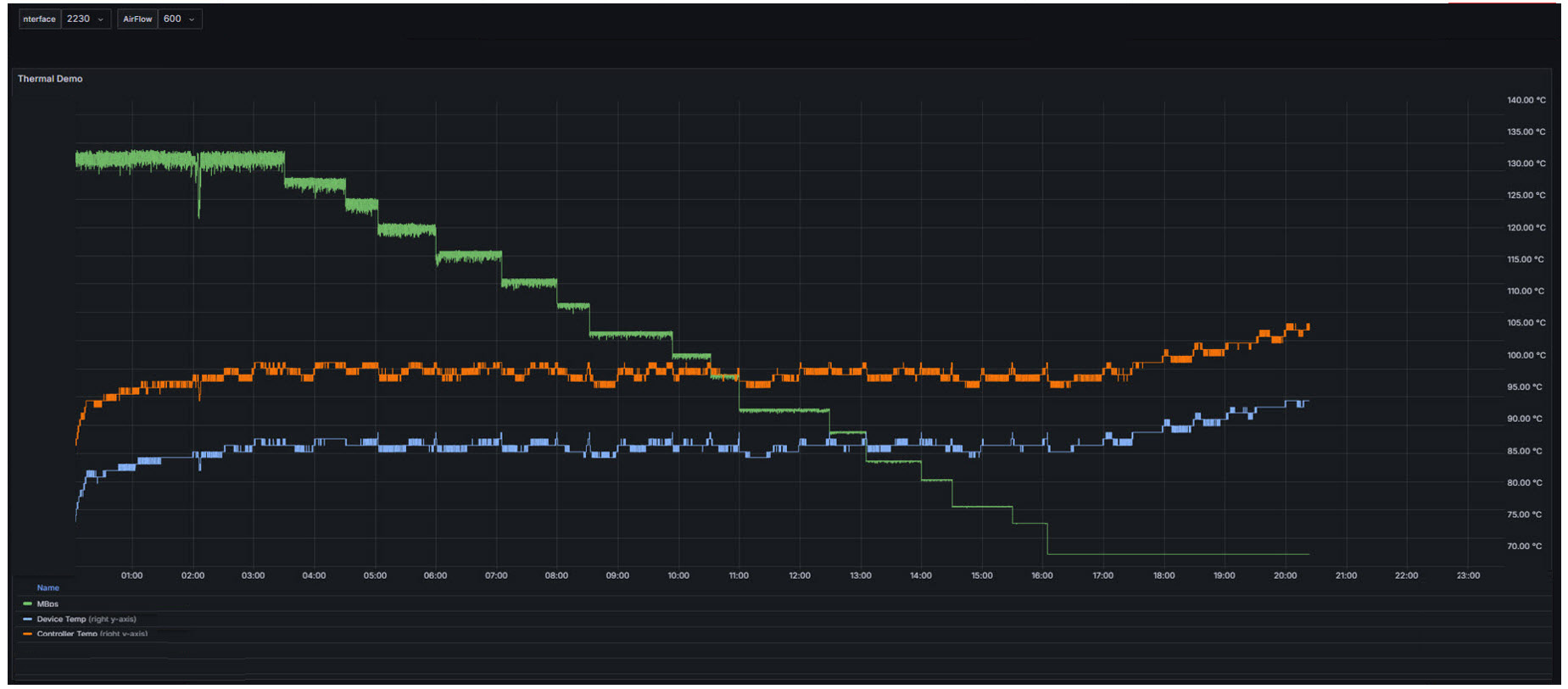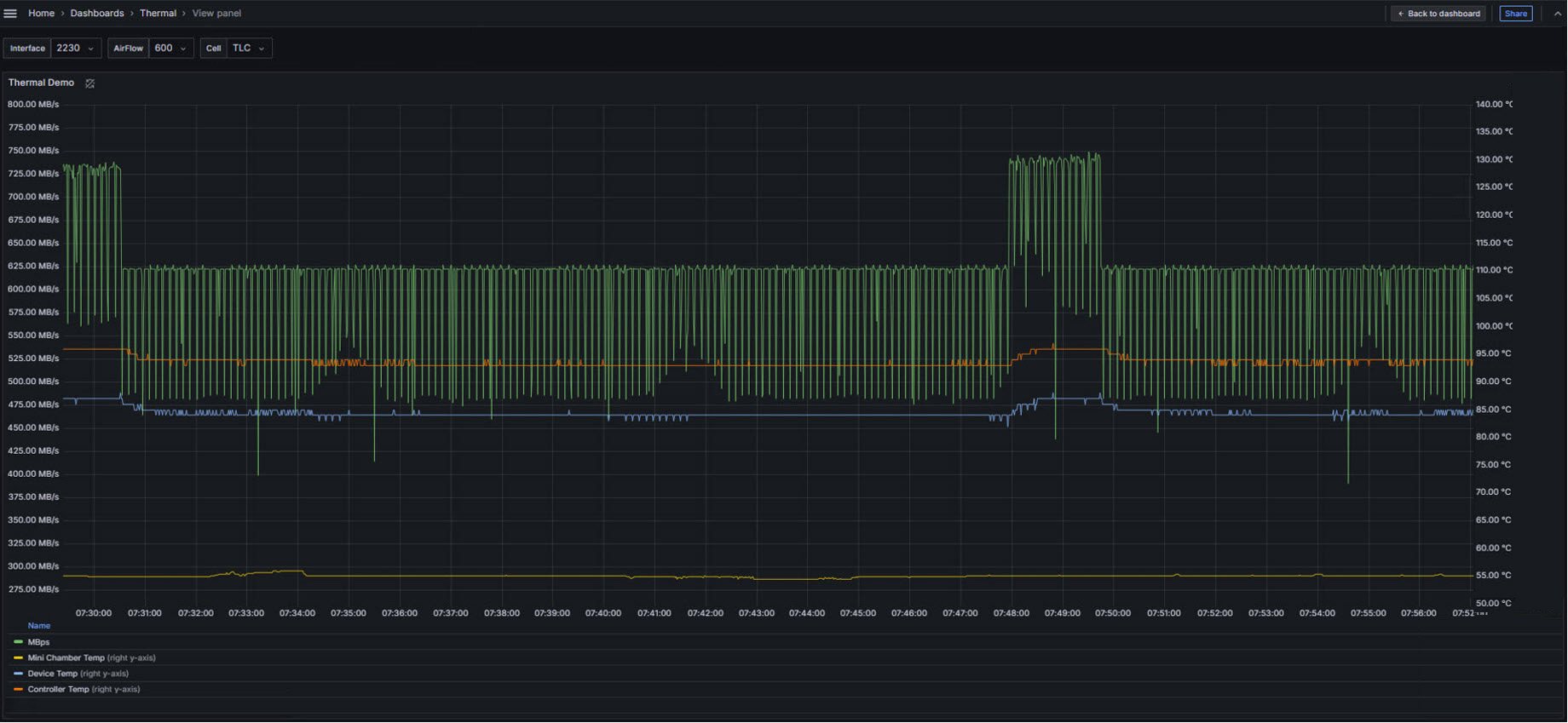
TAIPEI, TAIWAN, September 2025 — ATP Electronics, a global leader in specialized storage and memory solutions, is excited to announce a new series of NVMe PCIe Generation 4 compact solid state drives (SSDs) equipped with self-engineered technology that overcomes the limitations of thermal throttling, delivers up to 40% power savings, and protects data with powerful security features.
The N701/N601 SSDs feature technological innovation that utilizes ATP’s in-house firmware engineering capabilities blended with extensive industrial experiences in understanding diverse contexts and challenges to pioneer unique, differentiating technologies and settings.
These new SSDs in M.2 1620 Heat Sink Ball Grid Array (HSBGA) and 2230 form factors maximize space with their small footprint. They are available in native Triple Level Cell (TLC) with capacities from 240 to 960 GB or pseudo Single Level Cell (pSLC) mode from 80 GB to 320 GB, and are operable in C-Temp (0°C to 70°C) and I-Temp (-40°C to 85°C) options. These DRAM-less SSDs support Host Memory Buffer (HMB), offering cost-effectiveness while delivering steadier performance behavior, energy savings, and powerful security.
AceTT: Steadier Performance Behavior During Throttling
N701/N601 SSDs adopt ATP’s self-engineered Ace Thermal Throttling technology, an intelligent thermal throttling algorithm that gradually applies up to 18 stages to minimize the drastic performance and heat swings commonly seen in two- or three-stage throttling configurations of NVMe drives.
AceTT begins the finely tuned throttling stages when the SSD reaches or exceeds the temperature threshold of 85°C carefully limit further temperature increase. The incremental throttling maintains a stable operating temperature in contrast to large, sudden changes that cause rapid swings between high and low performance, sudden temperature spikes followed by drastic large drops, and inconsistent performance that reduce user experience during thermal throttling.

Thermal Graph Captured on ATP’s Thermal Simulation Database. Multi-stage behavior is deliberately triggered by chamber‑controlled ambient heating; as temperature rises, a multi‑stage thermal‑throttling scheme tapers performance behavior to prevent abrupt speed or temperature swings.

To emulate a 55°C ambient while the device operates near the 85°C range, AceTT brings the SSD operating in TLC mode to thermal equilibrium (steady state) across phases and maintains steadier, optimal performance with minimal airflow fluctuation.
Energy Efficiency with Up to 40% Power Savings
The compact design and advanced heat dissipation features of ATP N701/N601 SSDs reduce heat generation, resulting in lower power consumption and enabling more efficient power management.
By using PCIe Gen4 x2 lanes instead of x4 for data transfer, ATP N701/601 SSDs maintain similar performance in the configured capacity range, resulting in up to 20% less power during typical operation and as much as 40% less when idle, thus making them ideal for energy-sensitive environments, such as mobile devices utilizing battery power.
For enhanced energy efficiency and power‑loss protection, ATP can project‑configure PCIe/NVMe power features—including Active State Power Management (ASPM) for PCIe link L‑states and Autonomous Power State Transition (APST) for NVMe device power states, which allow these SSDs to quickly switch to lower power states when idle, while Power Loss Notification (PLN) and Power Loss Acknowledge (PLA) trigger a firmware‑orchestrated shutdown sequence to reduce disruption and support clean recovery at reboot.
Security Powerhouse
Integrated with robust security in a tiny package, the N701/N601 SSDs offer advanced protection with the following features:
- AES‑256 Hardware Encryption. All user data is encrypted on‑the‑fly by the SSD controller using AES‑256, protecting data at rest.
- HW Write Protect. A GPIO‑triggered read‑only mode that blocks write, erase, and format operations at the device level.
- HW Secure Erase. With the designated GPIO signal triggers an internal sanitize procedure that removes access to prior user data, making it unrecoverable.
- Secure Boot. At boot, update, and re‑manufacture, the SSD verifies the firmware’s digital signature with a hardware root of trust, so only authenticated code runs, blocking tampering, preserving stability with trusted versions, protecting the supply chain’s chain‑of‑trust, and allowing enable/disable via security vendor‑specific commands
- TCG-Opal (Optional). Uses hardware encryption technology to secure data stored in the SSD, guarding it against theft and tampering.
Product Specifications
For more information on the ATP N701/N601 NVMe PCIe Gen4 M.2 HSBGA, visit:
https://www.atpinc.com/products/BGA-SSD-NVMe-industrial
For more information on the ATP N701/N601 NVMe PCIe Gen4 M.2 2230, visit:
https://www.atpinc.com/products/industrial-gen4-nvme-M.2-ssd
Media Contact on the Press Release: Kelly Lin (Kellylin[at]tw.atpinc.com)
Follow ATP Electronics on LinkedIn: https://www.linkedin.com/company/atp-electronics
==========
About ATP
ATP Electronics (“ATP”) has dedicated over 30 years of manufacturing excellence as the premier provider of memory and NAND flash storage products for rigorous embedded/industrial/automotive applications. As the “Global Leader in Specialized Storage and Memory Solutions,” ATP is known for its expertise in thermal and high-endurance solutions. ATP is committed to delivering add-on value, differentiation and the best TCO for customers. A true manufacturer, ATP manages every stage of the manufacturing process to ensure quality and product longevity. ATP upholds the highest standards of corporate social responsibility by ensuring sustainable value for workers, the environment, and business throughout the global supply chain. For more information on ATP Electronics, please visit www.atpinc.com or contact us at info@atpinc.com.